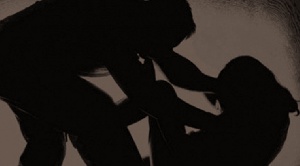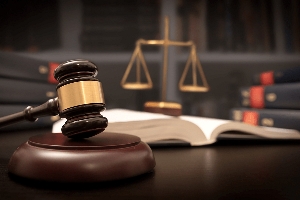Women in eastern Democratic Republic of Congo have told Human Rights Watch (HRW) about their experiences of being kidnapped for ransom by criminal gangs.
Many of those detained over the last three years were seized from fields where they were working and forced to walk several hours to Virunga National Park, a Unesco World Heritage site, where they were held and beaten.
Their families were then called to raise a ransom for their release.
"They showed us human skeletons and said they were people they killed after they disobeyed their orders," said kidnap survivor Yolande.
"There were times when they would switch off their phones to increase pressure on families because they were not happy with the ransom offer. Male hostages were then beaten harder.”
The women and girls were repeatedly raped every day of their captivity often next to male hostages, who remained bound with ropes around their hands and feet.
"[My abductors] would ring my family while they were raping me so my relatives could hear me scream; they wanted to make them feel how we were suffering to make sure they would pay up," said Sarah, who was 18 and three months pregnant when she was kidnapped.
The captives were generally held for about a week to 10 days out in the open with little sustenance.
Many of the sexual violence survivors have been left traumatised and injured, with little help after their release. Often their partners have abandoned them or they say they have been shunned and taunted.
Monique says her husband still blames her for their financial straits and refuses to give her money for basic household items or to pay her medical bills: "He replies that all our money was spent [on the ransom]."
In most of the 170 or so cases documented by HRW, ransom payments ranged between $200 (£153) and $600 per hostage.
"My relatives sold our fields and [our last] goat. They also sold a bag of beans that we had at home. They took loans from a shop and the parish.... We’re suffering so much," Elizabeth said.
Most survivors said that the police did not interview them once they were freed - so they feel there is no hope of justice.
Watch some of Irene's testimony:
Click to view details



Africa News of Thursday, 30 July 2020
Source: bbc.com

















